PlayerUnknown’s Battlegrounds, or just PUBG, is a pioneering game of the battle royale genre. But its crossplay situation, something most multiplayer players take for granted these days, remains surprisingly convoluted. The rules shift dramatically depending on the platform you’re playing on.
A Brief Guide to Construction Jobs
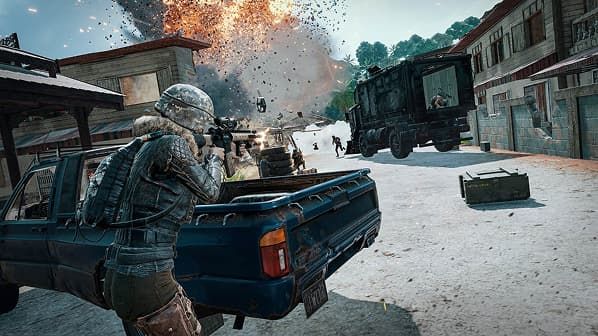
Console Crossplay: Xbox and PlayStation in Sync
The simplest success story is between consoles. If you have PUBG on PlayStation or Xbox—be it an Xbox One, Xbox Series X/S, PS4, or PS5—you can play with friends on these consoles. Matchmaking is automated, so a PS5 player can simply team up with someone playing on an Xbox Series X without having to do anything out of the ordinary. To console players, PUBG is a top-of-the-line title with real cross-platform compatibility, and the experience is refined enough that most casual players barely even know they’re linking between two different brands.
PC Players: Stranded on an Island
It’s a different story on PC, though. Although the game itself is essentially the same when played on Windows that it is when played on consoles, PC players stay in their own bubble. There’s no way to transfer public or ranked play to console friends. All account progress, purchases, and cosmetic unlocks are also platform-specific when you launch. Therefore when you have spent hundreds of hours in skins and battle passes on PC, all this does not carry over to PlayStation or Xbox.
Why segregation? Much of it relates to fairness. Keyboard and mouse commands offer greater precision than a controller, and the PC platform is more prone to cheating software like aimbots. PUBG creators have always chosen to leave a hard segregation in existence in order to preserve competitive integrity. Though this keeps games in balance, it annoys plenty of players, especially when other modern shooters realize cross-platform equilibrium through input-matching match systems.
There is only one thin exception: custom lobbies. Should you arrange a private match, you can technically bring PC and console players together. However, these are not ranked, publicly matched or manually configured and thus do not really address the problem of everyday squads.
Mobile: A Whole Different World
It only becomes more convoluted when mobile comes into the equation. PUBG Mobile is quite literally an entirely different game, penned by Tencent and built specifically for touch screens. As such, it’s its own separate servers, maps, and systems that don’t share with the PC or console counterparts in any way. Mobile players are free to play on iOS or Android, but compatibility ends there.
To further exacerbate the fragmentation, PUBG Mobile also shares a sibling title called PUBG: New State. Although both are official mobile titles, there is no crossplay among them still. Both have separate communities, progression systems, and competitive scenes. The result is three silos—console, PC, and mobile—none of which overlap.
Why the Patchwork Exists
If you step back, the reasoning for this patchwork approach makes more sense. Console parity between controls and hardware makes crossplay simple. On PC, fear of disproportionate advantage and wholesale cheating makes unification risky. And on mobile, the game is an inherently different product where joining it with the others is not possible. Technically and design-wise, PUBG’s creators have made choices that protect competitive equity and user enjoyment, but at the cost of cross-platform harmony.
How People Feel About It
Community reaction is split. Console players are generally happy, as they can group up naturally on both Xbox and PlayStation. PC players feel excluded, however. Some argue developers could implement an input-based model—separating those playing with mouse/keyboard from controller users—so that at least PC users playing with controllers can group up with console friends. There are others proposing cross-progression, therefore cosmetic purchases and stats can accompany them when they switch devices. As things stand, though, none of these features have been implemented.
In Conclusion
Ultimately, PUBG’s crossplay is indeed real but disjointed. Console gamers have genuine cross-platform play, PC players have isolated connections except for invite-only matches, and mobile players live in a parallel universe. For enthusiasts hoping for a single PUBG where all players can play together irrespective of hardware, today’s reality might seem like pandemonium—but at least today, the reasons for that pandemonium are clearer.


Guess you like
-

Smart Bulbs vs. Standard LEDs: A Detailed Energy Consumption Comparison
-
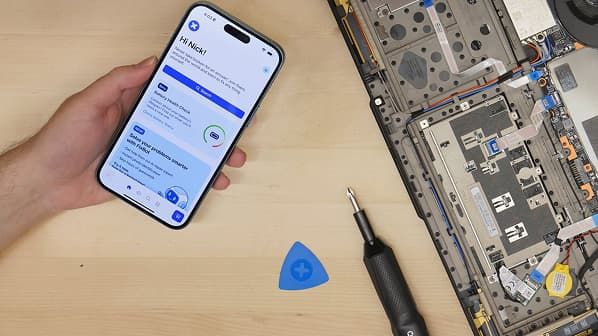
How the iFixit FixBot Democratizes DIY Repairs
-

Should a Teenager’s First Car Be a Used Electric Car?
-

7 Essential Tips for New Players of Ghost of Yōtei
-

6 Effective Tips to Put Your Tangled Wires in Order
-
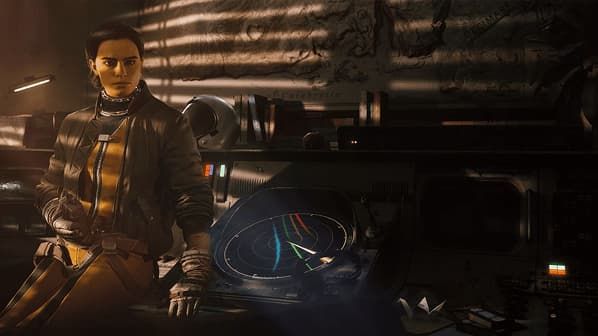
How to Upgrade Weapons and Workbenches in ARC Raiders
Trending
-
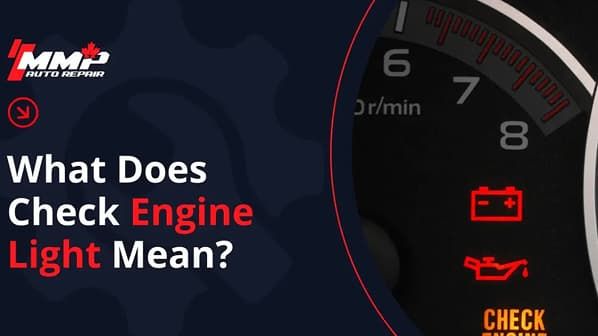 1
1How to Differ the “Maintenance Required” and “Check Engine” Lights
-
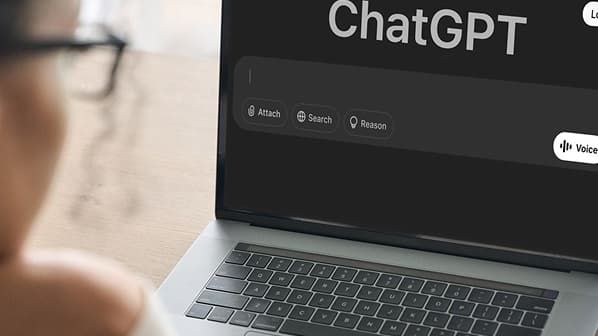 2
29 Viral ChatGPT Image Prompts Redefining AI Creativity
-
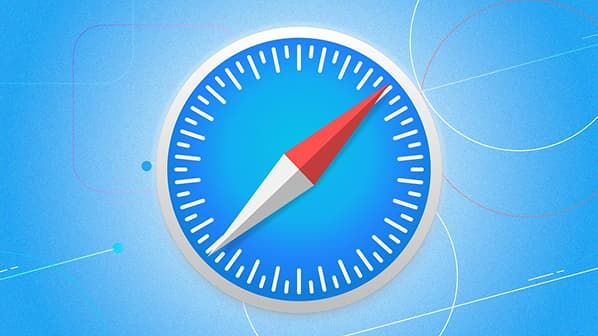 3
3Beyond The Basics: Eight Safari Tricks That Actually Matter
-
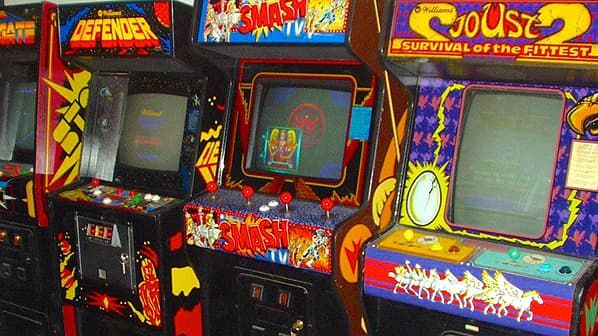 4
4Arcade Hits That Found Bigger Crowds Beyond America
-
 5
5Google Photos Turns Users into Meme Stars with New “Me Meme” Feature
-
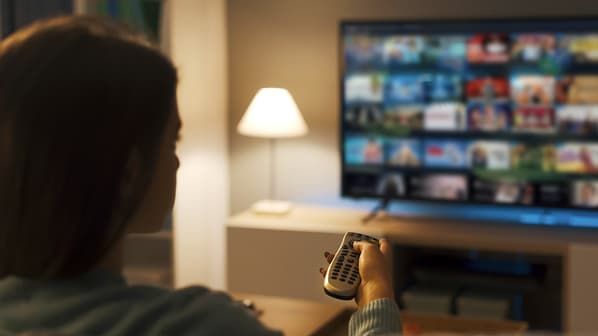 6
6Bring Back Clear Dialogue: Three Samsung TV Settings That Make Speech Easy to Hear


